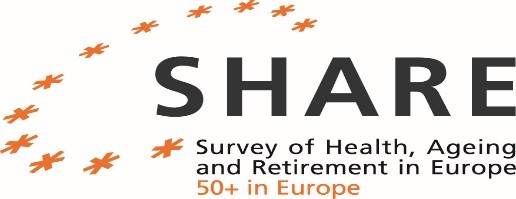Daily Events
13:30 | Macro Research Seminar
Eric Bonsang, Ph.D. (U. Paris Dauphine) “Gender Norms and Cognitive Functioning in Later Life”
Université Paris Dauphine, France
Venue: Ceska sporitelna Palace, Rytířská 29, Prague 1 (Aging Workforce: Older Workers and Immigrants as New Pillars of Western Economies? conference)
Authors: Eric Bonsang, V. Skirbekk, and U. M. Staudinger
Abstract: Previous studies found that traditional gender-role attitudes are associated with substantial reductions in human capital and labor force participation of women. This lack of opportunity for women to engage in (potentially) cognitively stimulating activities over the life course is likely to translate in poorer cognitive performance of women in later life. We test this hypothesis using representative samples from 27 countries covering more than 60 percent of the world population aged 50 and above. As expected, late-life gender differences in cognitive functioning systematically vary across countries: Older women perform relatively better than men in countries characterized by more equal gender norms. By exploiting cross-country variations in changes in gender norms across cohorts, we confirmed that this association is robust against the inclusion of country and cohort-fixed effects. We show that part of this association is explained by education and labor market participation. Further analyses suggest that this association is unlikely to be driven by reverse causality. Finally, we estimate whether gender difference in cognition for each second-generation immigrant group living in a particular host country (and exposed to the same host country’s laws and institutions) is explained by measures of gender norms in the parents’ country of ancestry.
The seminar is co-financed by the European Union.

Full Text: WILL BE AVAILABLE LATER
13:30 | Macro Research Seminar
Ca' Foscari University of Venice, Italy
Venue: Ceska sporitelna Palace, Rytířská 29, Prague 1 (Aging Workforce: Older Workers and Immigrants as New Pillars of Western Economies? conference)
Authors: M. Avendano, L. F. Berkman, A. Brugiavin, and Giacomo Pasini
Abstract: Stress generated by life events can lead to important brain disorders. It is therefore important to understand which life event is a stress risk factor and whether public policies have or not a protective effect with respect to stress. A child birth may be one of those due to the risk of role overload induced by the necessity of combining work and family responsibilities. We use life history data from the third wave of the Survey of Health, Ageing and Retirement in Europe (SHARE) where respondents are asked to report the single most stressful event in their life. For our purposes, we use the data reorganized in a retrospective panel dataset: each respondent contributes as many observations as there are years of age from birth to the age at which they are observed at the moment of the interview. We exploit the panel dimension of the data as well as the possibility to link them to a maternity leave policies dataset to estimate the causal effect of childbirth and job interruptions on stress incidence. Our main finding is that being in the year a child is born or in the baby’s first year of life are psychosocial risk factors comparable in magnitude to other, more studied life course events. Moreover, job interruptions have positive effects if taken around childbirth: eight weeks of leave are enough to counterbalance the stress increase due to the birth of a child.
The seminar is co-financed by the European Union.

Full Text: WILL BE AVAILABLE LATER
14:00 | Public Lecture
José-Víctor Ríos-Rull, Ph.D. (University of Pennsylvania) "Banking Dynamics and Capital Regulation"
CERGE-EI invites you to a public lecture entitled “Banking Dynamics and Capital Regulation” by José-Víctor Ríos-Rull, Ph.D. (University of Pennsylvania), co-organized with ADEMU (A Dynamic Economic and Monetary Union).









